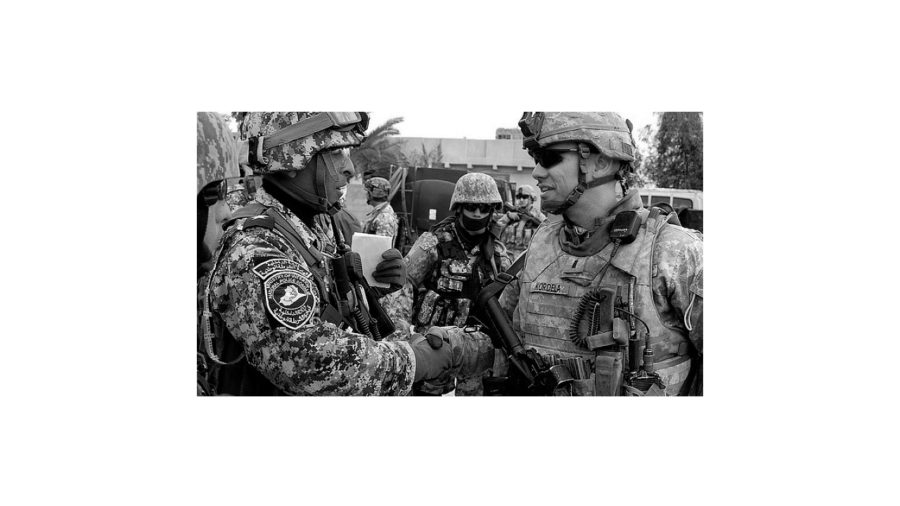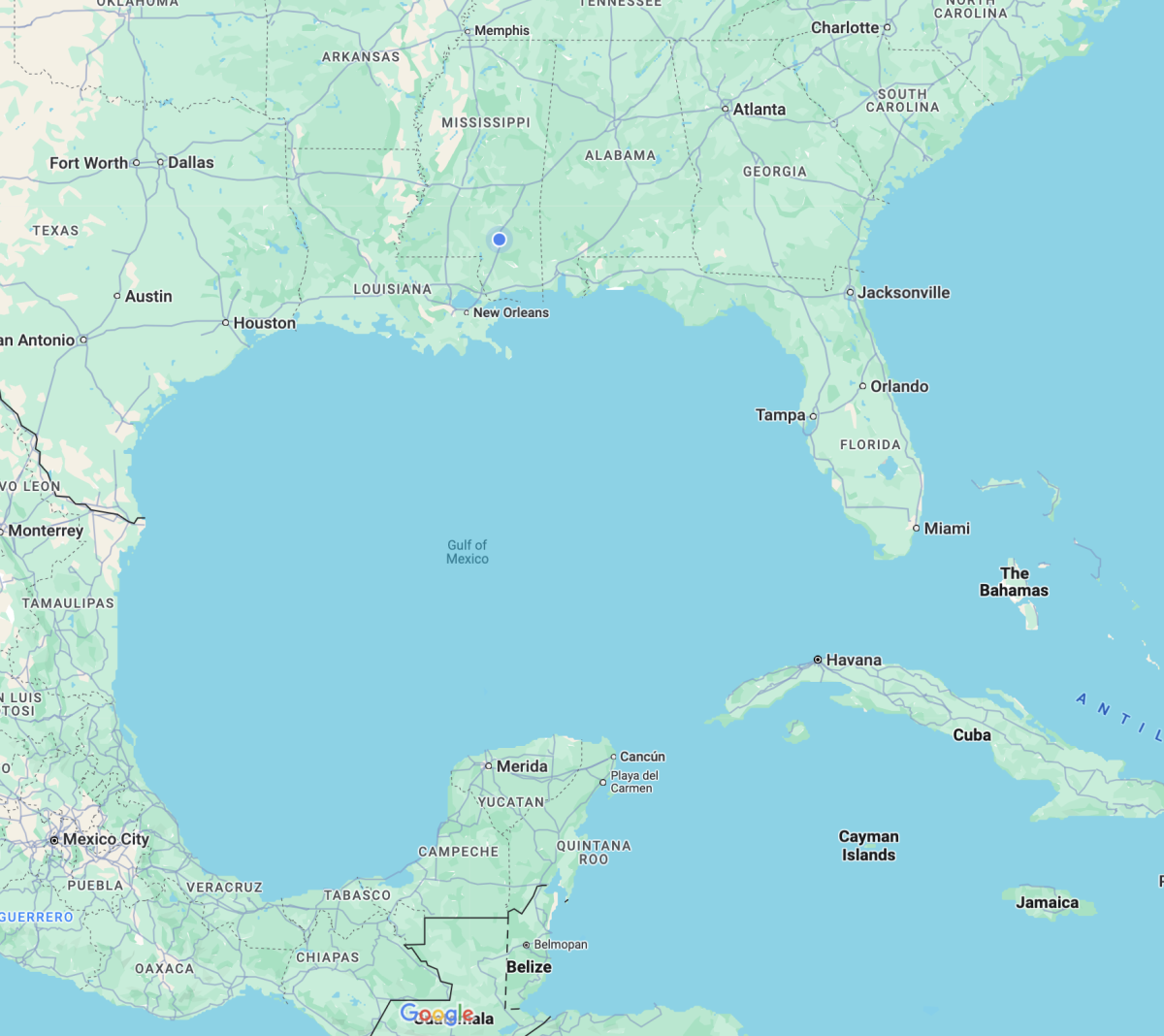Even before the attacks in Paris last week, the chances of increased American intervention in the conflict with the Islamic State were on the rise. At the end of last month, the White House announced that it was going to send a contingent of about 50 Special Forces soldiers into Syria to advise, assist and train the local forces battling the Islamic State in Iraq and Syria.
While Republican lawmakers were quick to criticize the decision as (in the words of House Armed Services chairman Mac Thornberry) coming “too little, too late,” the White House was adamant that they are not. White House Press Secretary Josh Earnest attempted to downplay those thoughts.
“The President does expect that they can have an impact in intensifying our strategy for building the capacity of local forces inside of Syria for taking the fight on the ground to ISIL in their own country,” Earnest said. He referred to the Special Forces as an “important force multiplier anywhere around the world (where) they are deployed.”
While no one has expressed doubts about the capability, courage or combat abilities of the legendary Green Berets, it is fair to question the ability of 50 soldiers to truly make an impact in a regional conflict as large as the one that is currently engulfing Syria and Iraq. If it is found—as many experts expect it will be—that these troops are not enough, then what? The answer is likely to be to send more troops–not many more, but more. After all, Obama has favored an incremental approach to conflict escalation throughout his seven years in office, and it is unlikely that he will abandon that course now.
The most likely outcome of this route of action is a gradual increase of troops in Iraq and Syria with little overall strategy from The White House or Pentagon for what they are should be focused on doing there, be- cause the plan was never to deploy large-scale forces in the first place.
That is at some level what happened in Vietnam, another conflict which started with small-scale, incremental deployments of Special Forces under a Democratic president. However, there was never an overarching strategy in place for winning that war, just as there does not appear to be an overarching strategy in place to defeat ISIS. Instead, troops were committed piecemeal to the conflict for political rather than military considerations, and eventually there were over half a million Americans in Vietnam with no true strategy guiding their actions other than “kill lots of the enemy”–which is a slogan, not a plan.
The Obama Administration’s foreign and military policy has been characterized by a sense of mission creep and reactionary responses rather than proactive actions. It is a fallacy to think that we might end up with half a million troops in Syria or Iraq, but it is no fallacy to say that the president is staring down a particularly slippery slope in terms of escalation in Syria.
A comprehensive plan to defeat ISIS needs to be put together and executed by the Obama Administration. So far, neither Obama nor his cabinet nor any of the individuals running to re- place him have offered one. Until someone does, it seems that incremental mission creep will continue to be the name of the game for the United States in Syria and the Middle East.






































